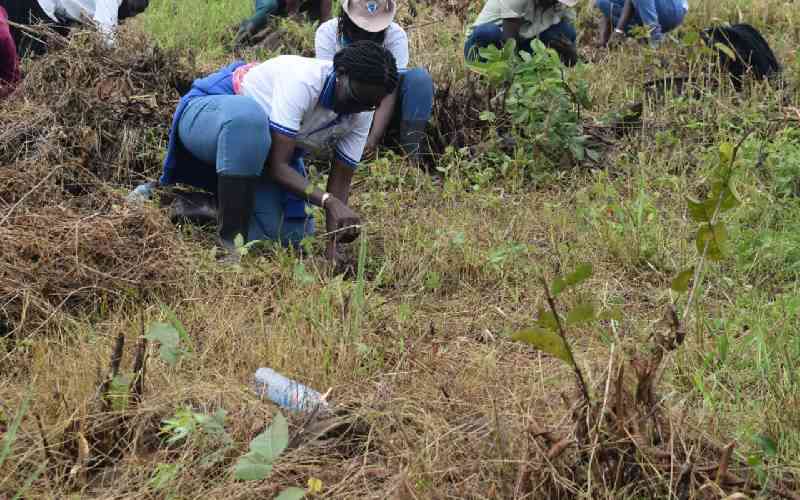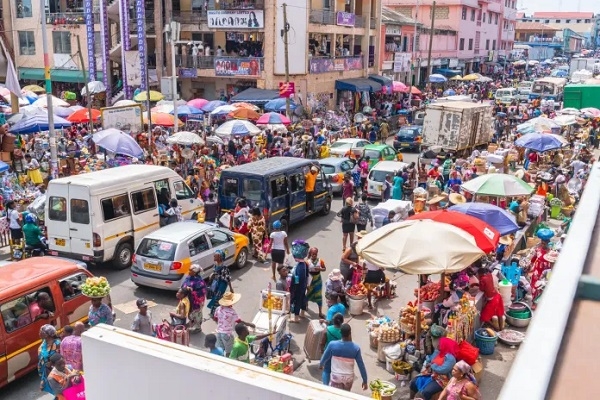CONVICTION OF THE BRT KILLER - THISDAYLIVE
The court ruling is in order
The Lagos Bus Rapid Transit (BRT) driver, Andrew Ominikoron, arrested in the March 2022 murder of Oluwabamise Ayanwola was last Friday sentenced to death by the Lagos State High Court. In her judgment on the tragic case that raises serious questions about the safety of public transportation, Justice Sherifat Sonaike held that the Lagos State Government had successfully proved its case beyond reasonable doubt before prescribing the maximum penalty of death sentence for Ominikoron. The deceased, 22, was abducted after boarding a BRT in Lagos but was found dead nine days later in circumstances that suggested rape and murder. Ominikoron was arraigned on a five-count charge in connection with the girl’s death, as well as the sexual assault and rape of two other victims, Anosike Victoria and Maryland Ojiezelu.
While we once again commiserate with the family of the late Ayanwola, it is good that there is a closure on this tragic incident that speaks to the growing violence and lawlessness across the country. A promising young woman had boarded a Lagos government BRT before her untimely death in gory circumstances. According to reports, before her body was dumped, the young lady had been raped with some parts of her body taken away, presumably for ritual purposes. The fact that such things could happen on a government-owned public transport system made the tragedy even more egregious.
The murder was significant because BRT buses are considered one of the safest means of commuting within Lagos State. They were not previously associated with the “one chance” phenomenon in which robbers and ritual killers lure victims into vehicles for their nefarious activities. The tragedy therefore represented an escalation of worsening security and a tightening of the noose, metaphorically speaking, for residents in a transportation system characterised by inadequacies and risks.
Meanwhile, as we noted in a previous editorial, the incident has thrown up the issue of public safety. If riding in a state-owned vehicle is deadly, which one is safe? Besides, concerned authorities did not treat the tragedy with the urgency and seriousness it deserved. Elder brother to the deceased, James Joel, who spoke on behalf of the family at the time, said it took 10 days before the Police could disclose that the body had been found, whereas it was found the same day she boarded the bus. The Lagos State government was also lackadaisical in their initial response, raising questions as to whether the murder would not have attracted more attention if the family of the victim had been people of high status in the society.
Now that the court has established what happened with punishment for the culprit, the Lagos State government must ensure that all BRT employees are made to go through rigorous background checks and their addresses and that of their sponsors verified. Also, CCTV cameras should be installed in all buses to monitor the drivers and commuters. Lastly, all the BRT buses should be fitted with alarm systems, which a passenger could press when in danger. The alarm system should also be remotely connected to the BRT terminus (a kind of command and coordinating centre) such that any alarm raised from any BRT bus can be seen and the location identified for immediate response.
It is also our hope that authorities across the country will use this tragedy to investigate the issue of ‘one chance’ and how to address the menace. In major cities in the country today, far too many Nigerians are falling prey to criminal activities inside public transport.










